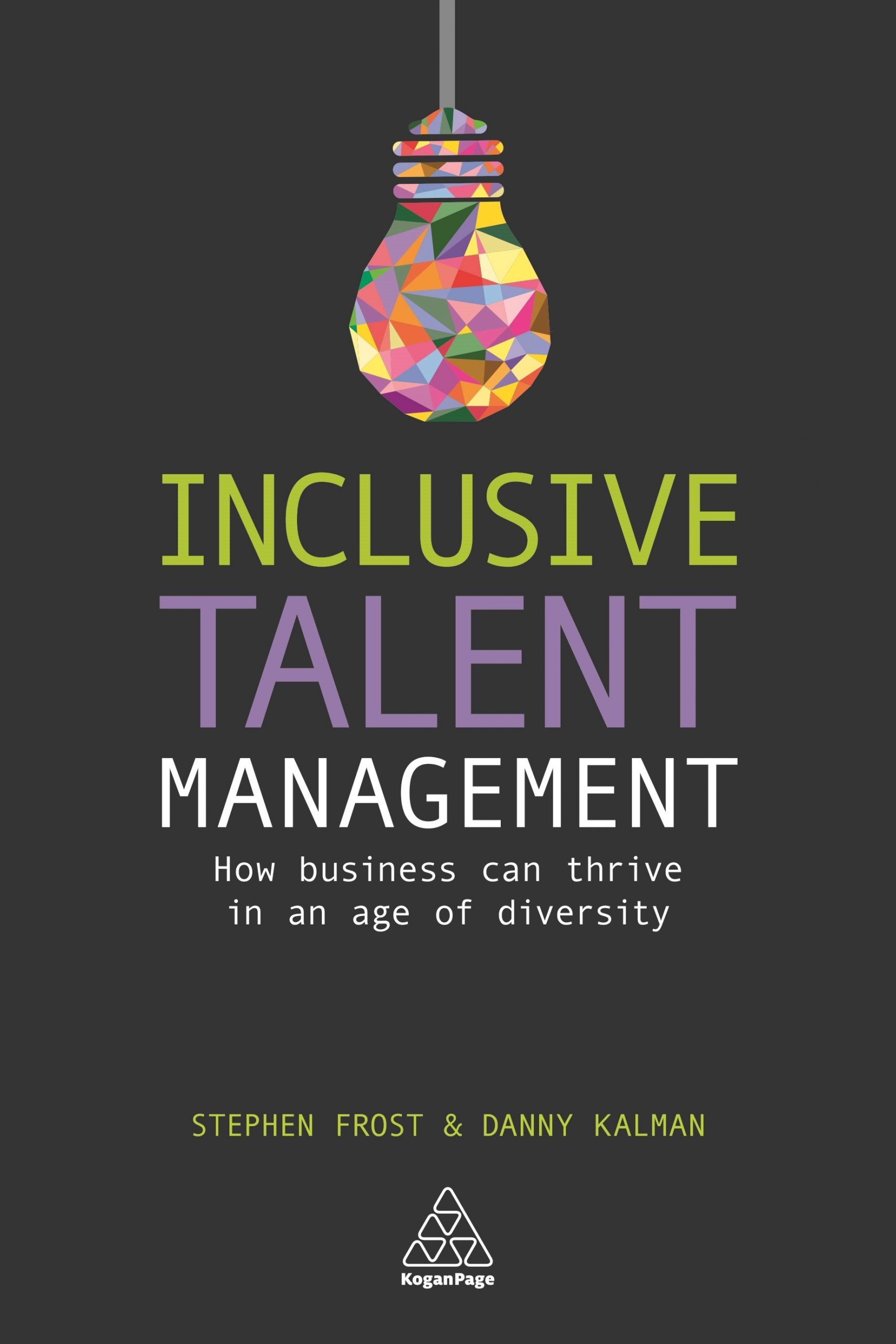One-sentence summary: In an ever-changing world we are wrong to believe in a scarcity of/war for talent; talent is all around us, but there are lots of things we need to do to recruit, develop, and retain these talented people.
Who is this book for? Everybody in HR (particularly those with an interest in people strategy/workforce planning, recruitment, recognition, diversity & inclusion, and leadership development).
My take-aways from the book:
We so often focus on an ever-dwindling pool of talent where we are obsessing about ‘fit’ and experience, a real case of homogeneous talent management (‘talent management that fails to account for or benefit from difference’). No wonder we have a ‘war for talent’ when we’re excluding most people, either consciously or unconsciously. We know that diversity in organisations brings real benefits (resilience, better decision-making, reduced risk). With 7.3 Million unique people on the planet, we mustn’t reduce diversity to any one factor (e.g. gender). “If we are honest about it, most of us dislike diversity, as evidenced in our actions as opposed to our proclamations. We prefer sameness…”. Talent comes in many forms, but we often don’t see it due to personal (and group) bias. Many approaches to Diversity and Inclusion have already been tried from the diversity training/compliance-based ‘Diversity 101’ approaches through to more engaging approaches with a focus on CSR. Frost and Kalman issue a strong call for ‘Inclusion 3.0’ with a focus on removing the real barriers.
Inclusive Talent Management (ITM) requires action from both organisations and candidates for jobs and there is a very strong business cause for ITM for many reasons. “Diversity is a reality. Inclusion is a choice”. Recruiters have a massive role to play in ITM and there are loads of practical ways in which they can broaden their search for talent e.g. establishing returning employees schemes, apprenticeships, and partnering with those who have access to previously untapped talent pools. The ITM journey doesn’t end at recruitment; it needs to form part of every element of the way in which we develop, reward, promote (and ultimately, retain) people. This means we need to scrap current approaches to performance management and help people to own their own development plans, focusing on strengths and getting the best from everybody.
Leadership is crucial; Inclusive Talent Management requires those at the top to lead by example, not just by saying the right words, and to show some vulnerability and be authentic.
Would I recommend the book?
To disclose a bias, I’ve previously heard Stephen Frost speak at conferences, I’ve read his book ‘The Inclusion Imperative’ and I’ve interviewed him my podcast. I’m already a fan of his work. I also work in the area of strengths-based leadership development, so I am delighted to see a book that really encourages (and provides) practical ways that helps to open people’s eyes to the diversity of talent, helps people understand and see beyond their own filters, and value people for what they are (rather than what they’re not).
I would wholeheartedly recommend this book. As I flick through my highlights and notes from the book, I’ve highlighted loads of organisations that I want to know more about, some people that I want to meet, loads of further reading, and some actions for me to take. That is largely a reflection of the book; it draws upon lots of evidence and research and is well-referenced, but is also an accessible, practical, easy read. There are lots of case studies featured, and I really valued the inclusion of an index of organisations featured, identifying which chapter they were featured in. There is also a very practical feel to the book; whilst it is a rallying call to step up, it is also filled with very practical steps (and nudges) that can be easily implemented.
I hear lots of talk about the importance of diversity and inclusion and the need for inclusive talent management, but I don’t always see that reflected in reality. I see many organisations spending time on initiatives that seem to have little, if any, impact and I see others who say the right things but don’t seem to put the words into action. I hope these organisations read this book and feel motivated to act and equipped to know where to start. Recommended.
Ian Pettigrew, Kingfisher Coaching – www.kingfishercoaching.com







